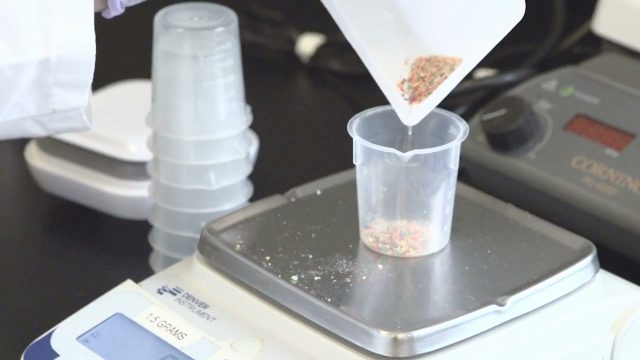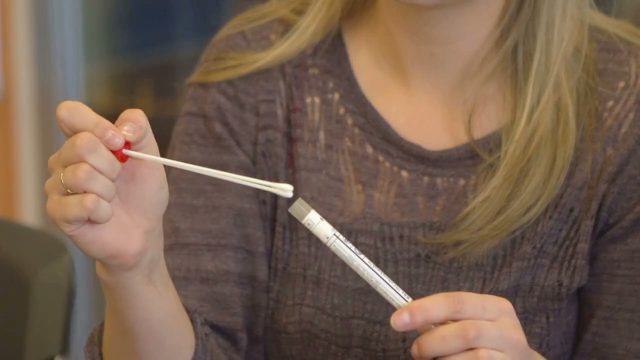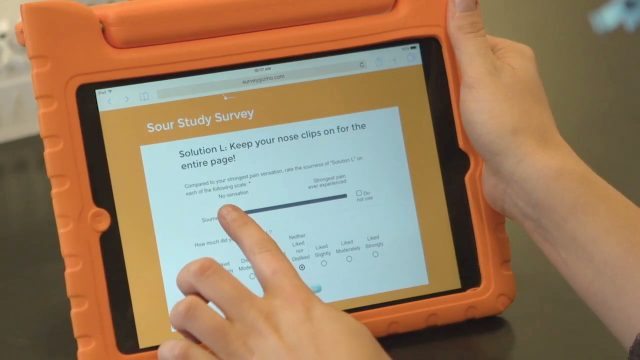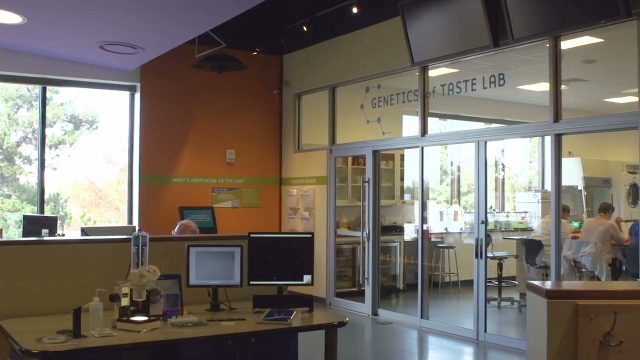More Than Just a Taste of Citizen Science
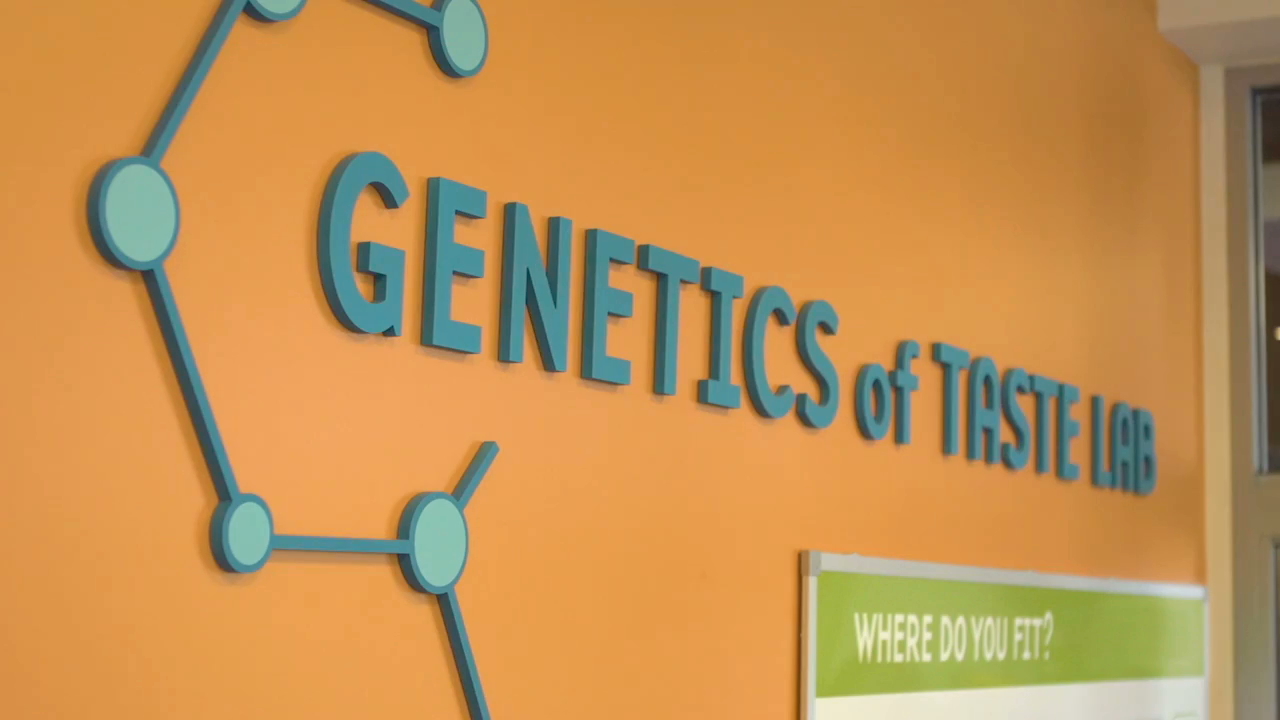
Project Website(s)
-
Project Description
There is an undeniable link between participation in health research, understanding of health research, and being an advocate for one’s own health outcome. By participating in citizen science, the public has a greater understanding of the complex nature of research and its impact on how healthcare uses data to drive decision making. Given the power of citizen science in the context of public health, the proposed project would advance our understanding of how to design and implement studies to maximize diversity of participation, learning outcomes, and scientific output.
-
Abstract
Citizen science is a form of Public Participation in Scientific Research (PPSR) in which the participants are engaged in the scientific process to support research that results in scientifically valid data. Opportunities for participation in real and authentic scientific research have never been larger or broader than they are today. The growing popularity and refinement of PPSR efforts (such as birding and species counting studies orchestrated by the Cornell Lab of Ornithology) have created both an opportunity for science engagement and a need for more research to better implement such projects in order to maximize both benefits to and contributions from the public.
Towards this end, Shirk et al. have posted a design framework for PPSR projects that delineates distinct levels of citizen scientist participation; from the least to the highest level of participation, these categories are contract, contribute, collaborate, co-create, and colleagues. The distinctions among these levels are important to practitioners seeking to design effective citizen science programs as each increase in citizen science participation in the scientific process is hypothesized to have both benefits and obstacles. The literature on citizen science models of PPSR calls for more research on the role that this degree of participation plays in the quality of that participation and related learning outcomes (e.g., Shirk et al., 2012; Bonney et al., 2009). With an unprecedented interest in thoughtfully incorporating citizen science into health-based studies, citizen science practitioners and health researchers first need a better understanding of the role of culture in how different communities approach and perceive participation in health-related studies, the true impact of intended educational efforts from participation, and the role participation in general has on the scientific process and the science outcome.
Project goal to address critical barrier in the field: Establish best practices for use of citizen science in the content area of human health-based research, and better inform the design of future projects in PPSR, both in the Denver Museum of Nature & Science’s Genetics of Taste Lab (Lab), and importantly, in various research and educational settings across the field.
Aims
- Understand who currently engages in citizen science projects in order to design strategies to overcome the barriers to participation that occur at each level of the PPSR framework, particularly among audiences underrepresented in STEM.
- Significantly advance the current knowledge regarding how citizen scientists engage in, and learn from, and participate in the different levels of the PPSR framework.
- Determine the impact that each stage of citizen science participation has on the scientific process.
Project Photos
Project Audience
Citizen scientists: Ages 16 and above
Crowdsourced research participants: Ages 8 and above
Latino Communities in the Denver Metro Area
Subjects Addressed
Biology, Bioscience, Genetics
Associated SEPA Project(s)
-
Genetics of Taste: A Flavor for Health – Community Lab and Education Programs
R25RR025066 : 09/30/2008 - 07/31/2011


